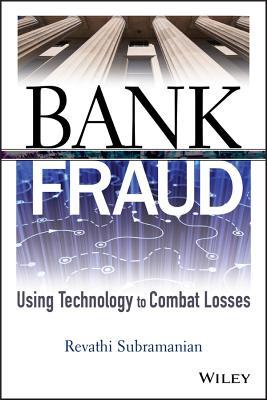Fraud prevention specialists are grappling with ever-mounting quantities of data, but in today's volatile commercial environment, paying attention to that data is more important than ever. Bank Fraud provides a frank discussion of the attitudes, strategies, and--most importantly--the technology that specialists will need to combat fraud.
Fraudulent activity may have increased over the years, but so has the field of data science and the results that can be achieved by applying the right principles, a necessary tool today for financial institutions to protect themselves and their clientele. This resource helps professionals in the financial services industry make the most of data intelligence and uncovers the applicable methods to strengthening defenses against fraudulent behavior. This in-depth treatment of the topic begins with a brief history of fraud detection in banking and definitions of key terms, then discusses the benefits of technology, data sharing, and analysis, along with other in-depth information, including:
- The challenges of fraud detection in a financial services environment
- The use of statistics, including effective ways to measure losses per account and ROI by product/initiative
- The Ten Commandments for tackling fraud and ways to build an effective model for fraud management
Bank Fraud offers a compelling narrative that ultimately urges security and fraud prevention professionals to make the most of the data they have so painstakingly gathered. Such professionals shouldn't let their most important intellectual asset--data--go to waste. This book shows you just how to leverage data and the most up-to-date tools, technologies, and methods to thwart fraud at every turn.
